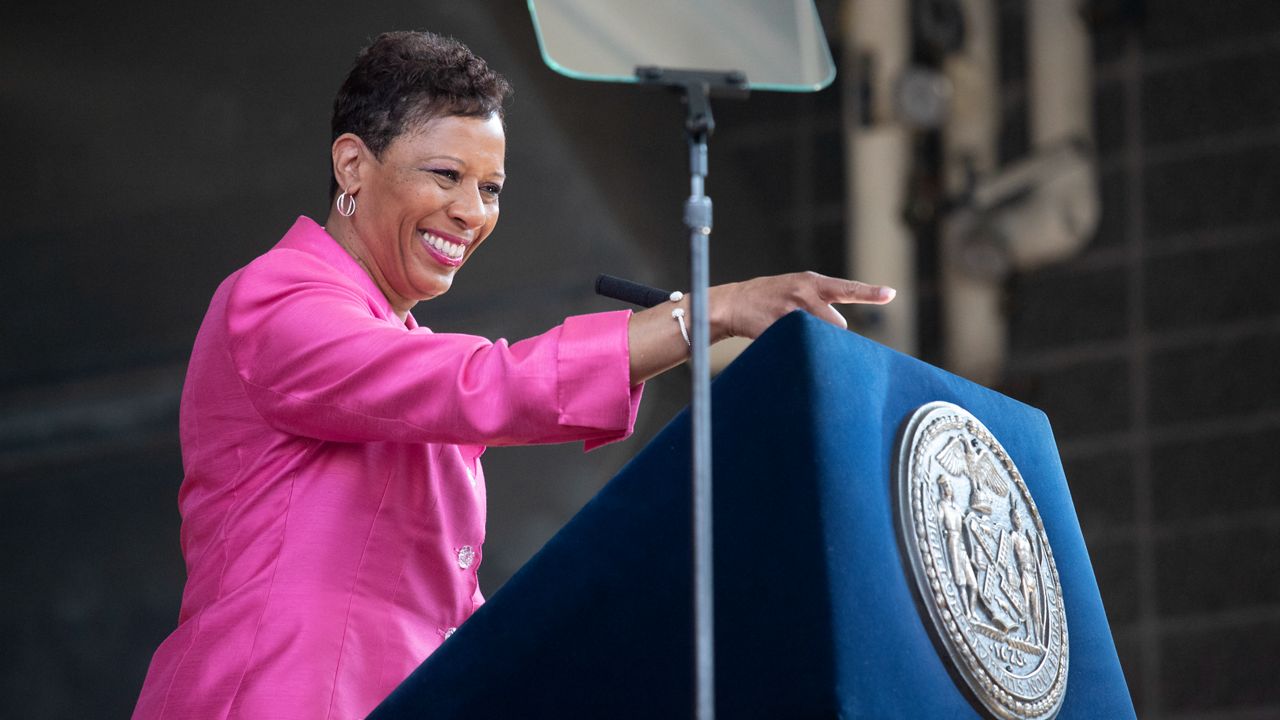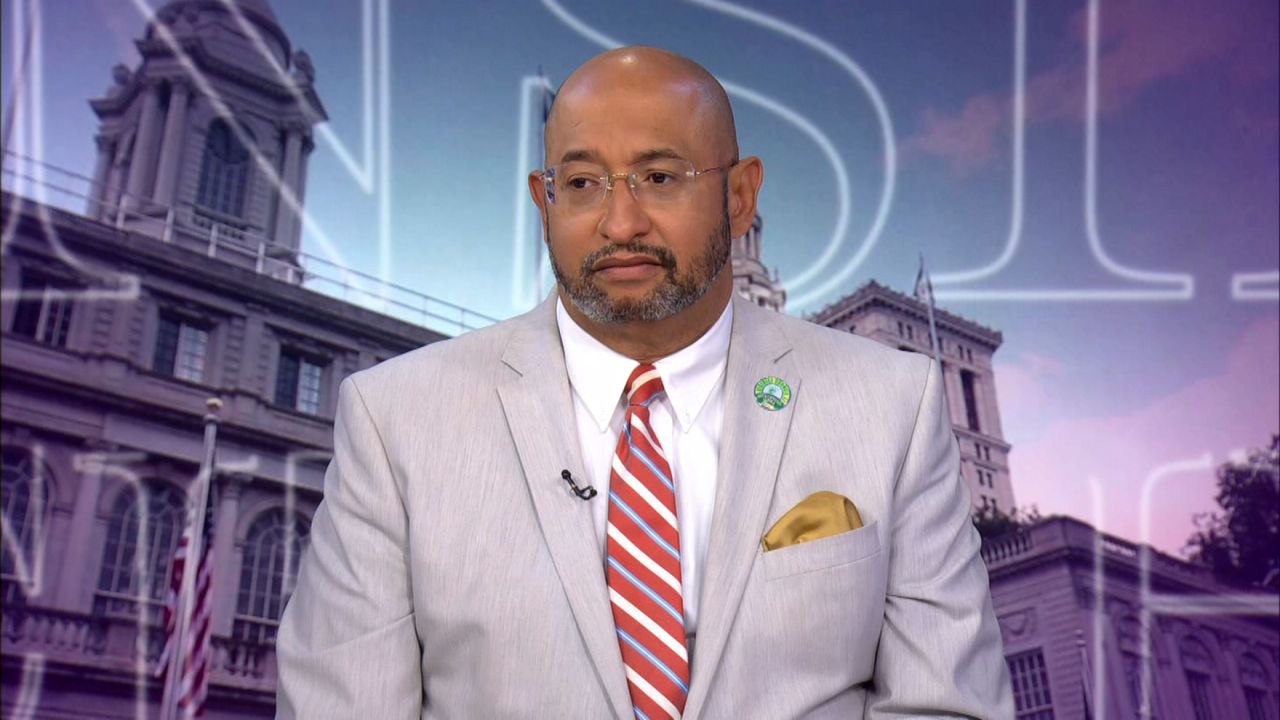Gov. Kathy Hochul is gearing up for another contentious legislative session.
The governor typically faces intense pressure from outside forces, like unions, the real estate industry or activists. But this year, she could war with fellow Democrats in the Legislature, who make up a majority of the 213 seats making up statewide representation.
What You Need To Know
- Hochul vetoed a number of bills before the Dec. 31 deadline, including "Grieving Families Act," amending the statewide public campaign finance law and a ban on non-compete agreements
- Legislative sources argue it doesn't bode well for their relationship during the session, which is set to start Wednesday
- Hochul will focus on mental health, affordability and public safety in her State of the State address scheduled for Tuesday, Jan. 9
She entered 2024 on the offensive, vetoing a list of bills that both the state Senate and Assembly favored like: a ban on non-compete agreements in business contracts, an amendment to the soon to be live statewide public campaign finance system that would’ve made it tougher for candidates to get taxpayer funded campaign cash and the expansion of New York’s wrongful death statute that would’ve made it easier for families to sue based on emotional harm suffered.
A top aide even justified the vetoes, explaining that some measures were “extreme legislative proposals that would have put public safety or the state’s economic recovery at risk” if Hochul signed them into law.
Legislative sources complained to NY1 that because Hochul waited until the year’s end to kill the most controversial proposals, it starts their working relationship for the 2024 session off to a tense start.
“When the legislature, you know, passes 500 bills in just over a week at the end of [a] session that makes it very difficult for us to be engaged in the process throughout the many months that they’re in Albany, to come up with solutions that actually will work together that I’m more likely to support,” Hochul explained Tuesday at her Midtown Manhattan office after revealing she’ll focus on affordability and additional consumer protections in her State of the State address scheduled for next week.
“I think more can be done during this session. I’m reaching my hand out and saying, ‘Work with us during the session and it’ll be much more productive. We can get to fewer vetoes.’ Well, let’s have more common sense involved in the process of developing the legislation," she added.
But Hochul also has to worry about the “supermajorities” in both legislative chambers — meaning one party, the Democrats, make up two-thirds of the body.
There’s over 100 Democrats in the 150-seat Assembly and 42 in the 63-member state Senate.
It’s too late for legislative leaders, Senate Majority Leader Andrea Stewart-Cousins and Assembly Speaker Carl Heastie, to whip votes and override Hochul’s vetoes on key legislation because those bills were passed within the last two-year cycle, which ended Dec. 31.
“I believe she’s frustrated about the number of bills that were done at the end of season, but let’s also remember — session, the budget got extended for another month because she insisted on having [a] policy in the budget. So, I just think collaboration is a two-way street,” said Heastie in an interview Tuesday.
He added a veto override is akin to a declaration of war.
“Those are always nuclear options and you would hope never to get to that point. And that’s the good thing about we’re coming into a new session and let’s hope that we can get this figured out,” he said.
Housing will also spark division for the second year in a row, but it’s unclear whether lawmakers will expend political capital on the controversial topic before an election year.
“I completely agree with you. That is a major driver of the high cost of living in New York. I raised this last year, the first governor since Rockefeller to raise this as an issue, and I will tell you that we are approaching this once again,” the governor said Tuesday in Midtown. “And [I’m] hoping that the legislature works with us again, to focus on supply. We build more supply, prices go down, more people will stay.”
The State of the State will have a heavy focus on mental health policy and there will be limited capital to spend thanks to the multi-billion dollar migrant crisis.
Income tax filers’ outmigration trends — the state’s most consistent revenue stream — is also cause for concern.








